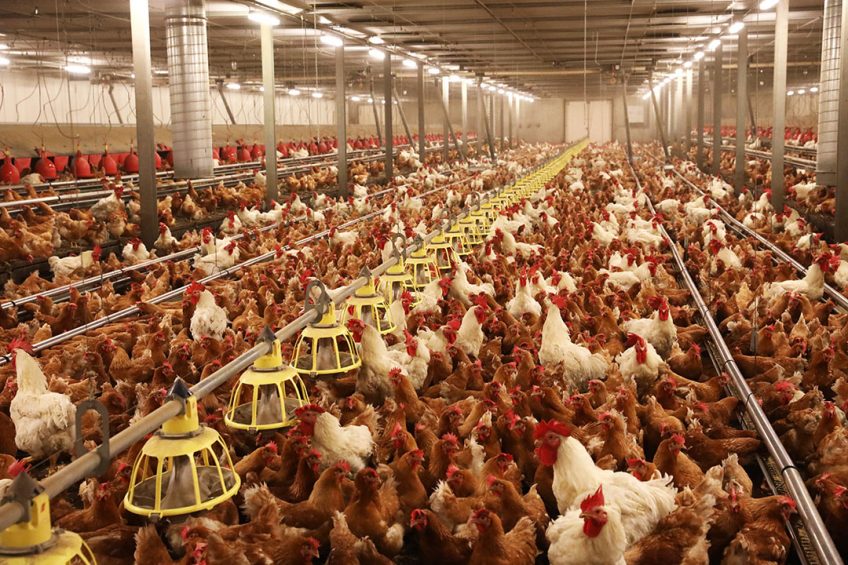
Poultry farming is an important sector in Uganda’s agricultural landscape, contributing significantly to food security and the economy. With the growing demand for poultry products, it’s essential for farmers to adopt best practices to ensure sustainability, productivity, and profitability. Here are some key strategies for successful poultry farming in Uganda.

Selecting the appropriate breed is crucial for achieving high productivity. In Uganda, popular breeds include layers for egg production and broilers for meat. Indigenous breeds are also favored for their disease resistance and adaptability to local conditions.
Farmers should choose breeds that are well-suited to their specific farming goals and environmental conditions.
Adequate housing is fundamental to poultry health and productivity. Poultry houses should be spacious, well-ventilated, and protected from extreme weather conditions. Good ventilation helps control temperature and humidity, reducing the risk of respiratory diseases.
It’s also important to provide proper bedding, such as wood shavings or straw, to keep the poultry comfortable and dry.
A balanced diet is essential for the growth and productivity of poultry. Farmers should provide high-quality feed that meets the nutritional requirements of their birds. This includes a mixture of grains, proteins, vitamins, and minerals.
Local feed ingredients like maize, soya, and fishmeal can be utilized. Providing clean and fresh water at all times is crucial for the health and well-being of the poultry.
Disease outbreaks can severely impact poultry farms. Implementing good biosecurity measures is vital to prevent infections. This includes regular cleaning and disinfection of the poultry house, controlling access to the farm, and isolating new or sick birds.
Vaccinations against common diseases like Newcastle disease and avian influenza are essential. Farmers should also maintain regular health checks and seek veterinary advice promptly when health issues arise.
Maintaining accurate records helps farmers track the performance of their poultry. This includes records of feed consumption, egg production, growth rates, vaccination schedules, and mortality rates. Good record-keeping allows farmers to identify trends, make informed decisions, and improve their management practices.
Sustainability is key to long-term success in poultry farming. Farmers should adopt practices that minimize environmental impact, such as using organic waste as fertilizer and implementing efficient waste disposal methods.
Integrating poultry farming with other agricultural activities, such as crop farming, can create a synergistic system where waste from one activity supports another.
Access to markets is critical for profitability. Farmers should engage in market research to understand demand and set competitive prices. Forming cooperatives can help small-scale farmers pool resources, access better markets, and negotiate better prices.
Value addition through processing, such as producing packaged eggs or chicken meat products, can increase income and reduce post-harvest losses.
The poultry farming industry is dynamic, with new technologies and practices emerging regularly. Farmers should stay informed about the latest developments through continuous education, attending workshops, and joining farming associations.
Experimenting with new methods and technologies, such as automated feeding systems or improved breeding techniques, can enhance efficiency and productivity.
Adopting these best practices can significantly improve the outcomes of poultry farming in Uganda. By focusing on breed selection, proper housing, nutrition, disease management, record keeping, sustainability, market access, and continuous learning, farmers can build resilient and profitable poultry enterprises.
As the demand for poultry products continues to rise, embracing these strategies will ensure that Ugandan poultry farmers remain competitive and sustainable in the long run.

















